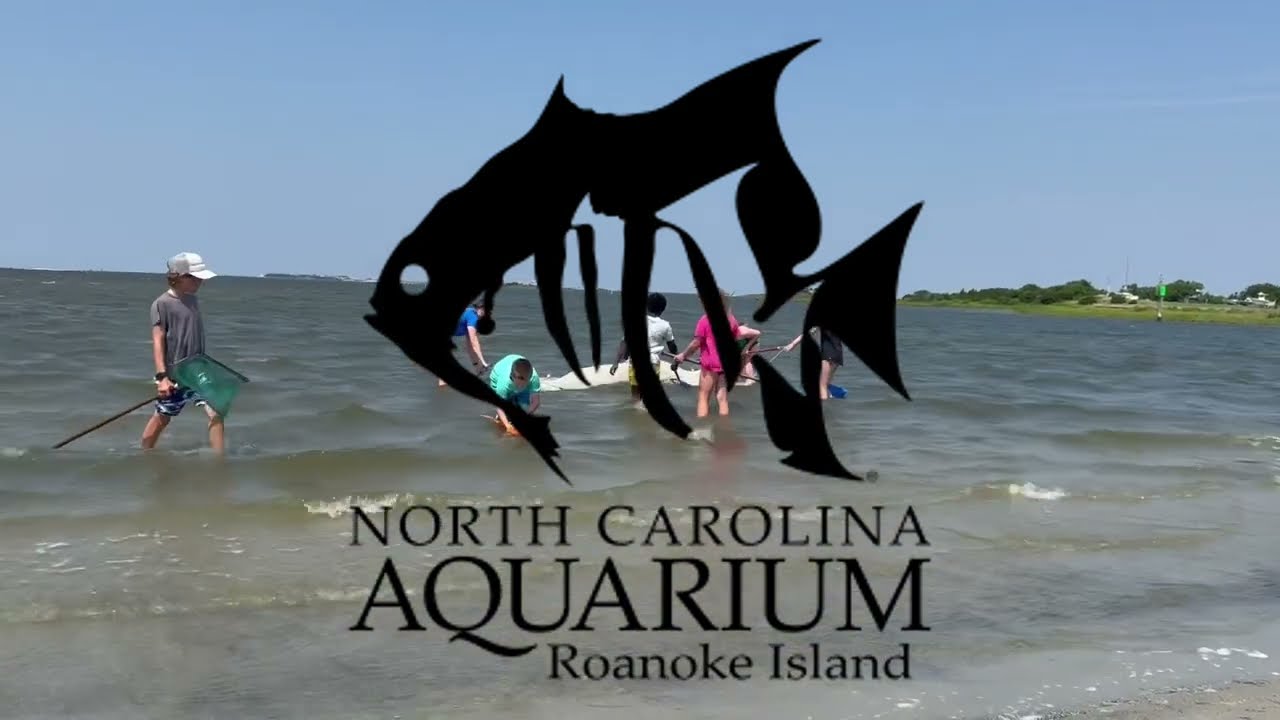- Introduction to the Concept of Summer Camps and Their Role in Wildlife Conservation
- Activities Offered at Summer Camps That Foster Zoological Knowledge
- Importance of Animal Behavior Studies and Interaction in Summer Camps
- Safe Practices and Management in Facilitating Wildlife Interaction
- Long-term Impact of Summer Camps on Youth and Wildlife Conservation Efforts
Summer camps serve as an invaluable platform for fostering a deeper understanding of nature and wildlife conservation among the youth. These outdoor teasers, often tied to reputable institutions like zoos, offer a plethora of activities specifically designed to educate and engage young minds. The fundamental goal is to instill a sense of responsibility and appreciation for the natural world.
Introduction to the Concept of Summer Camps and Their Role in Wildlife Conservation
Summer camps dedicated to wildlife conservation have gained popularity over recent years. These camps are purposefully structured to align educational pursuits with fun, creating an immersive learning environment. By offering activities harmonized with zoology, these camps aim to impact participants’ perceptions positively, fostering a lifelong commitment to conservation.
Children and teenagers attending these camps are often exposed to various aspects of wildlife care and management. They learn about the behaviors, habitats, and conservation statuses of different animal species. Engaging in these camps allows them to become well-versed in understanding the ecological balance. These experiences directly influence their attitudes towards wildlife preservation.
Activities Offered at Summer Camps That Foster Zoological Knowledge
Summer camps offer a range of carefully curated activities that cater to educational and recreational purposes. From guided nature walks to hands-on animal care sessions, these activities are structured to provide firsthand experience in wildlife management. Participants might find themselves tracking animal movements, identifying flora and fauna, or even partaking in conservation projects aimed at habitat restoration.
Workshops and classes on animal behavior, veterinary care, and environmental science are common. These sessions, led by experts in the field, provide invaluable knowledge. For example, children might learn about the feeding habits of different species, and the impact of climate change on wildlife, or they might engage in projects that rehabilitate sick or injured animals. Interactive activities such as bird watching, insect collection, and vegetation analysis are also integral to these camps, offering practical learning experiences.
Importance of Animal Behavior Studies and Interaction in Summer Camps
Understanding animal behavior is a critical component of zoology that is heavily emphasized during these summer camps. By studying how animals interact with their environment, participants gain insights into their needs and challenges. This understanding is crucial for effective wildlife conservation strategies.
Interacting with animals under professional supervision allows campers to observe behaviors up close. They learn what constitutes a healthy animal environment, how to handle animals safely, and the significance of maintaining a respectful distance. These interactions teach empathy and the importance of ethical treatment of wildlife. Activities might include observing nocturnal behavior in various species, understanding predatory and prey dynamics, and enriching environments to boost animal welfare.
Safe Practices and Management in Facilitating Wildlife Interaction
Implementing safe practices is paramount in wildlife interaction. Summer camps must adhere to strict guidelines to minimize risks to both participants and animals. Proper training is extended to staff and campers, ensuring everyone is aware of and follows safety protocols.
Animal enclosures are designed to mimic natural habitats as closely as possible while safeguarding both animals and humans. During interactions, areas are monitored to prevent any accidents. Educational sessions often include safety briefings, demonstrating the proper way to approach and handle animals if necessary.
Vaccinations and health checks for animals are routine to mitigate disease risks. Furthermore, camps engage in active monitoring of animal health and behavior, ensuring any signs of distress are promptly managed. Through these practices, the camps uphold the highest standards of safety and welfare for both participants and animals.
Long-term Impact of Summer Camps on Youth and Wildlife Conservation Efforts
The long-term benefits of summer camps extend beyond immediate educational outcomes. These experiences can shape participants’ future careers and attitudes toward conservation. Early exposure to wildlife conservation can inspire children to pursue careers in biology, veterinary medicine, environmental science, or zoo management.
Research shows that personal experiences with nature during formative years foster environmental stewardship in adulthood. By participating in summer camps, children develop a more profound sense of respect and responsibility toward the environment. They are more likely to engage in conservation activities, advocate for wildlife protection, and adopt sustainable practices in their daily lives.
In conclusion, summer camps offer a unique blend of education and adventure. They play a vital role in wildlife conservation by educating the next generation about the importance of biodiversity, ethical treatment of animals, and sustainable living. Through carefully designed activities, emphasis on safe practices, and fostering a deep understanding of animal behavior, these camps contribute significantly to the global wildlife conservation efforts. As we continue to face environmental challenges, the role of summer camps in promoting conservation awareness and action becomes more crucial than ever.
*****
Source Description
a look at some of the outdoor activities at our summer camp!


